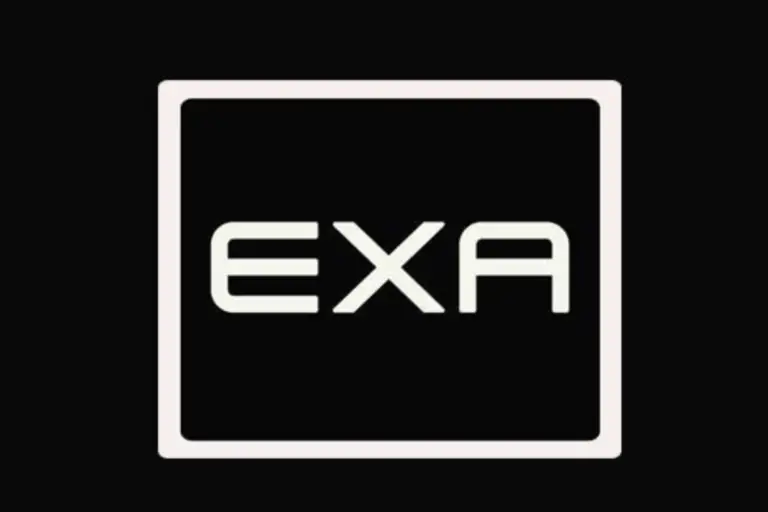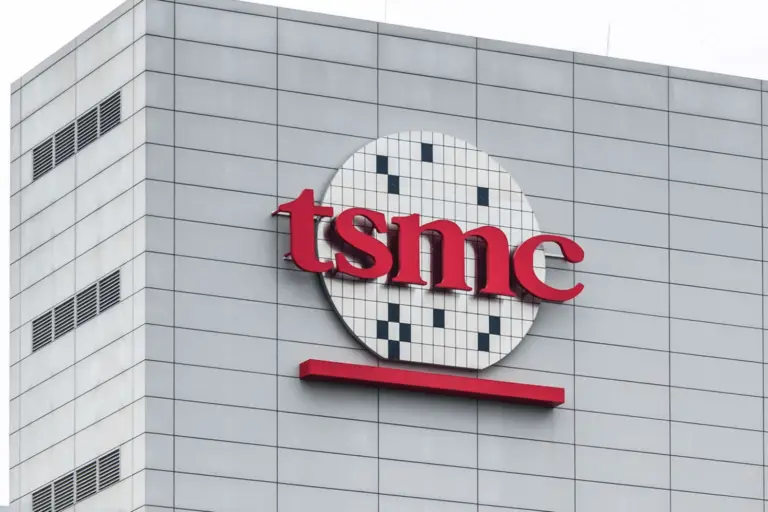
Japan’s Media Giants Demand AI Accuracy: Shocking New Rules Revealed
Japan’s news industry says AI companies need to get permission to use their material and make sure it’s correct, citing copyright violations and threats to democracy.
Wednesday, Japan’s news industry association said that companies that offer generative artificial intelligence services need to get permission from member media organisations to use their news material and make sure it is correct.
According to the statement, the Japan Newspaper Publishers and Editors Association, which includes broadcasters as members, said that generative AI service providers have grown their businesses despite the association’s repeated calls for them to get permission.
The group said that AI-assisted online search services like retrieval-augmented generation (RAG) from Google, Microsoft, and others are very likely to not only violate the copyrights of news organisations but also hurt their credibility.
When people ask questions about the RAG services, AI finds answers online and writes them down. The association said that sometimes the answers that are generated are the same as the original news stories, and other times they are wrong because the original content was diverted and processed in the wrong way. Another problem is that AI doesn’t fix wrong answers.
Call for Legal Revisions
It talked about some cases of copyright violations and emphasised that RAG service providers need to get permission to use protected news content because their services don’t meet the legal requirements for “minor exploitation” of copyright works without the right holders’ permission.
It said that media organisations’ content would die out if this kind of freeriding of content wasn’t controlled. This would damage democracy and national culture in a way that can’t be fixed, so it urged the government to quickly look over intellectual property laws.
It also said that if this kind of content freeriding wasn’t stopped, media groups’ content would go away. Government was told to quickly review intellectual property laws because this would permanently hurt democracy and national culture.


